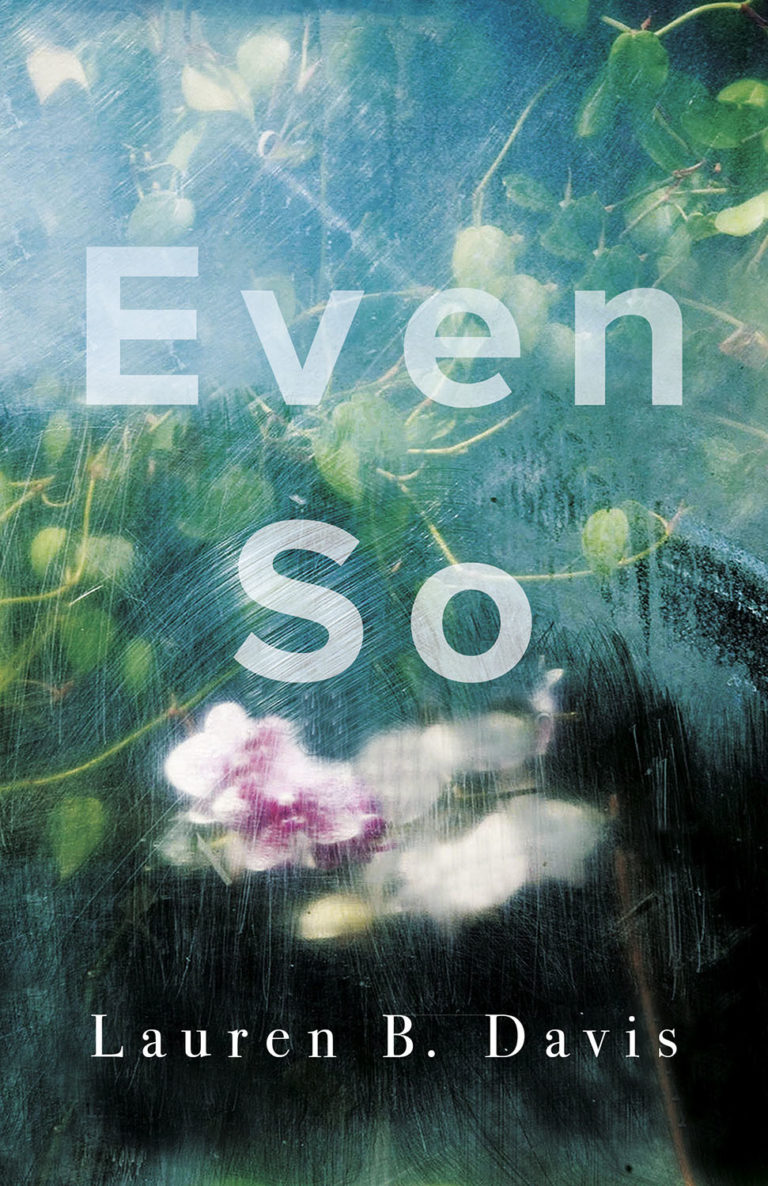Our Daily Bread, Backstory
One of the things I’ve been troubled by in the past few years is the increasing polarization I see around me. It pops up in any number of places – religion, politics both local and international, public rhetoric, the media, etc. We don’t have to look far for examples – perhaps no farther than our towns, our neighbors, or even in our own families.
I write to figure out what I think about things and to attempt to find meaning. I try to find metaphors in which to explore my feelings and thoughts on what obsesses me.
As I pondered these ever-widening gaps, a story from my past kept rising to the surface. I lived in Nova Scotia for a brief time in the early 1970s. While there, I heard stories about an isolated community on a nearby mountain. They were terrible tales, involving incest and other forms of child abuse. I told myself that these stories couldn’t be true. I believed, naïvely, that if they were true, surely someone would have done something to stop it. Then, a decade later, the story of the Goler Clan broke, an investigation began and eventually many of the clan’s adult members were put in jail and the children placed in foster care.
I was horrified, but also mystified. If all those rumours had been true, why had it taken so long for someone to intervene? The answer seemed to be that the people who lived on the mountain had, for generations, been considered “Those People,” as in “What do you expect from those people?”
An episode like that inspired me to fictionally explore how ordinary people could do dreadful things, or permit dreadful things to continue. the notion of extreme marginalization of A community and the terrible repercussions of ostracism haunted me.
The book is not, however, about the Golers, and other than a few snippets of dialogue taken from the trial transcripts in the last chapter, nothing of Golers appears on the page. I have invented a fictional town and fictional people set near the Delaware River (where I now live) because I wanted people to understand something like this can happen anywhere, and, sadly it does.
Also, I have had several instances in my own life of feeling like the “Other.” Although I explore the theme more personally in my previous novel, THE STUBBORN SEASON, in which a young girl battles the tyranny of living with a mentally ill mother during the Great Depression, in OUR DAILY BREAD the character of Ivy Evans is based on some of my own experiences with marginalization. My family, afflicted by mental illness and alcoholism, was going through a rough time the summer I was nine. I was an only child, and adopted, and rather bookish and prone to making up stories, all of which helped to make me ‘Other’ in the eyes of some of the children in the neighborhood. That summer, a lady who owned a little antique shop near my house let me hang around the store. I’m sure she never knew just how much that meant to me, but it was a refuge from loneliness and bullying and I’ve never forgotten it.
